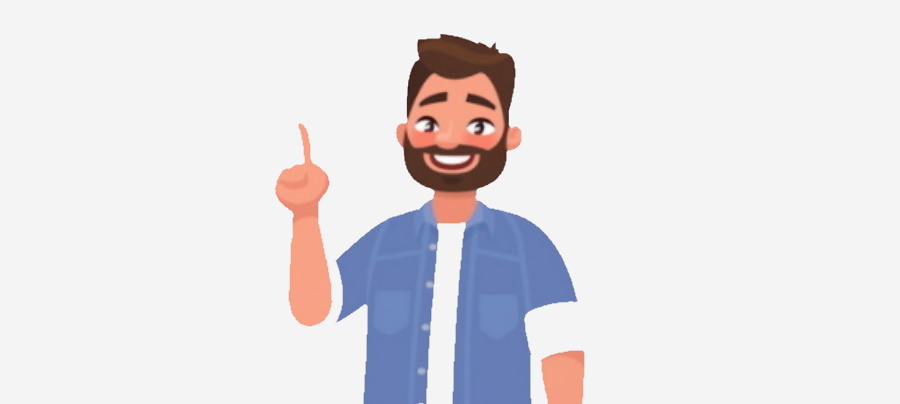
the video of his father
Meeting someone and telling your name
Meeting someone and telling your name is one of the first things you have to learn. My language coach first showed a funny video from his father who also was a language trainer.
<<<
More expressions and telling your name

the video of his father
Meeting someone and telling your name is one of the first things you have to learn. My language coach first showed a funny video from his father who also was a language trainer.
<<<
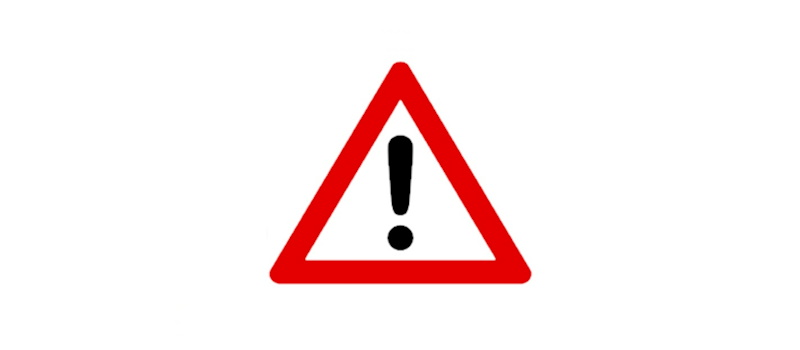
In Dutch there are 3 ways to say “you”:
1: je
2: jij
3: U
The numbers 1 and 2 are almost similar and are used among friends and family. Number 3 is the so-called polite form. For instance, you have to use it if you speak to someone in the municipality.
<<<
Name
We use the following illustration to refer to a name. It can be the name of a person or for example the name of a city. So the symbol is general and therefore we directly use the Dutch name : "naam".

The picture: you see a board and this board has "naam" on it and this board refers to a name in general. As it is not an image of an object but just an abstract sign, it will not cause any confusion.
Asking for a name is done in many languages in a different way, so you have to learn it as an expression. The Dutch expression is based on the illustration above but we indicate if we use the familiar form or the polite form. Here you see the familiar form:

The polite form is:

You know that a person in our illustration language is indicated by this simple symbol:

How you can ask about a person feelings, for instance if you ask “how are you”. We decided to use a special symbol for how a persons feels about his situation and this is done by the following symbol: a person with a red question mark. In this case the question marks refers to "the state of the person".

There are several ways for asking the same question "how are you". Here you see three ways:



Now, we’ll use our special picture language for more greetings. Look at how we show ‘hallo’ with two persons lifting their arm.
Also, see how ‘with’ is shown by a piece of a chain.
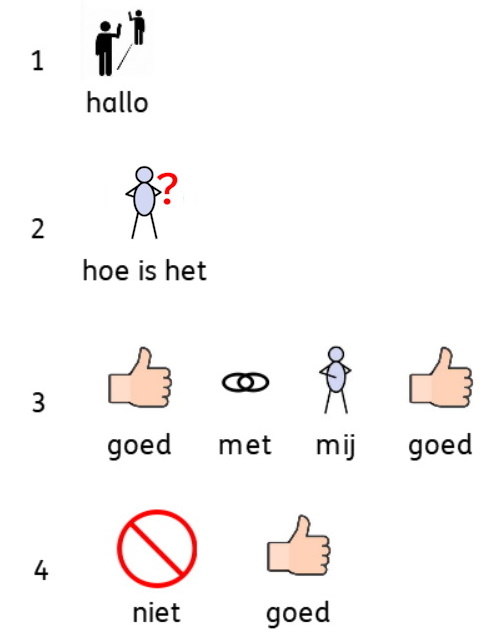
1 hello
2 how are you?
3 good I'm fine
4 not good
<<<

Anna
Like in English the word "is" is related to the verb "to be". Verbs are words that indicate an action or "something related to you, like in "what is your name". If there are more persons, we use the Dutch equivalent of "are" and that is "zijn". In our illustration language, we will use the symbol = to indicate the verb to be.
<<<
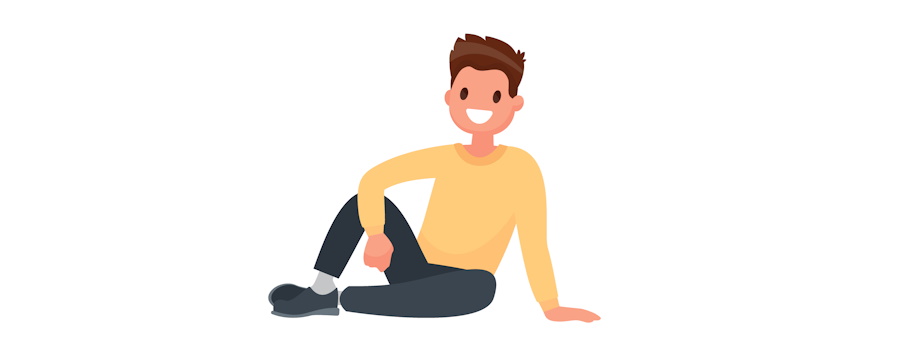
Rob
Here is my neighbor, a young guy. I started by asking for his name. Here is our first small conversation.
<<<
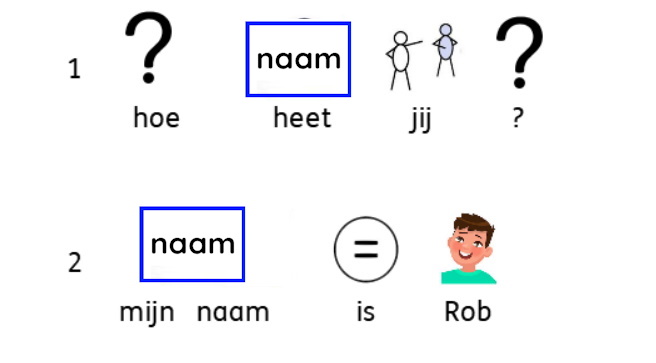
1 what is your name? (familiar)
3 my name is Rob
notice that the second sentence starts with "my name" and not with "name" indicating the ownership of the name. We did not give a special illustration for it. Later on, more on the construction of ownerships.
<<<
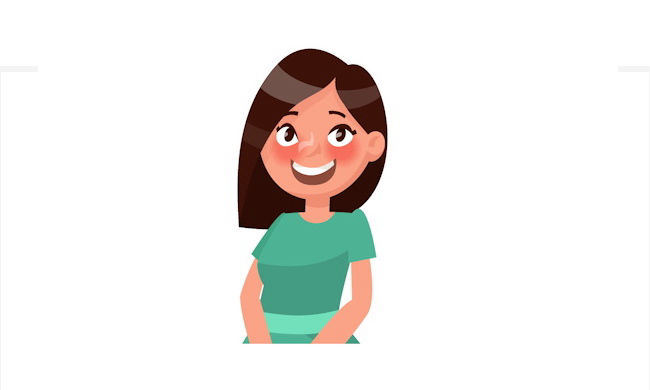
I noticed that he was good in English. I asked him where he came from:
where do you come from?
how old are you?
this was his answer
<<<
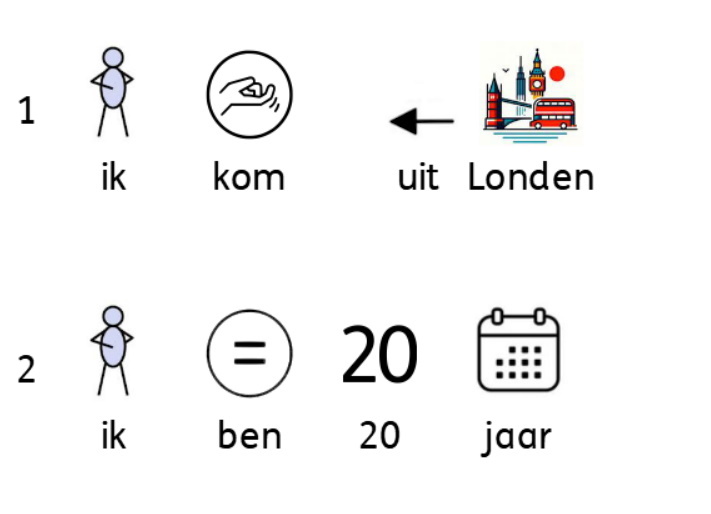
1 I come from London
2 I am 20 years (old)
<<<

Instruction
The following part shows more complex sentences. As you can see, the special illustration language corresponds perfect to words and it shows the word order in Dutch. this is important as the word order in many languages can be different like in Arabic or Turkish.
<<<
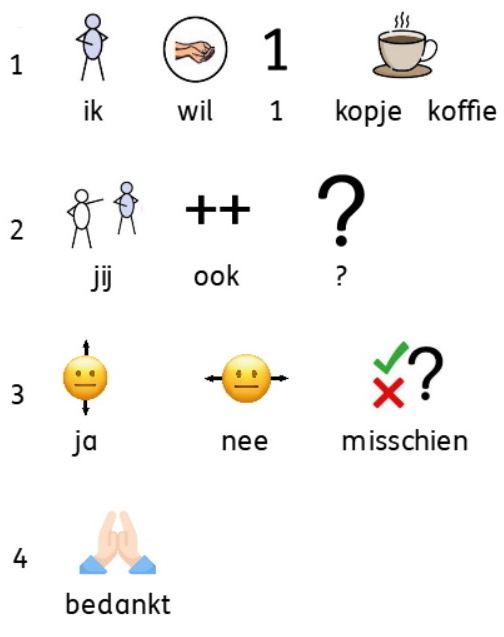
1 I want 1 cup of coffee
2 you also?
3 yes no perhaps
4 thanks
<<<
test
Do you remember the words, the expressions and the sentences? Look at the pictures. Say the expression and then click on > to hear if it is correct.
Repeat this part many times!
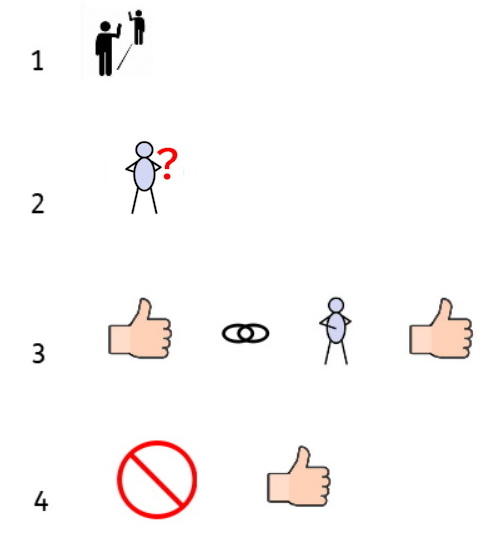
1 ?
2?
3 ?
4 ?
<<<
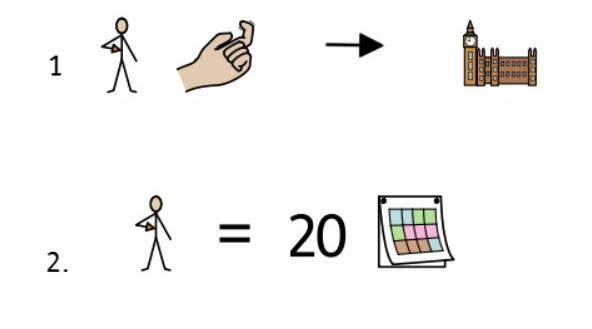
1 ?
2 ?
<<<
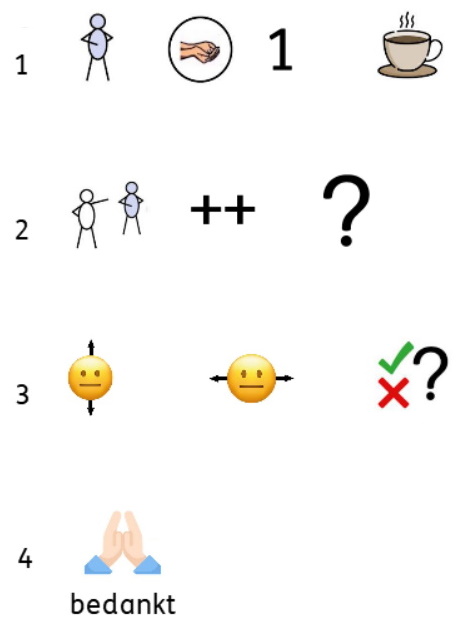
1 ?
2 ?
3 ?
4 ?
<<<

We end with a sort video on famous persons. If the person is still alive we use
I am ...
but if the person lived long ago we use
I was...
<<<
Portraits
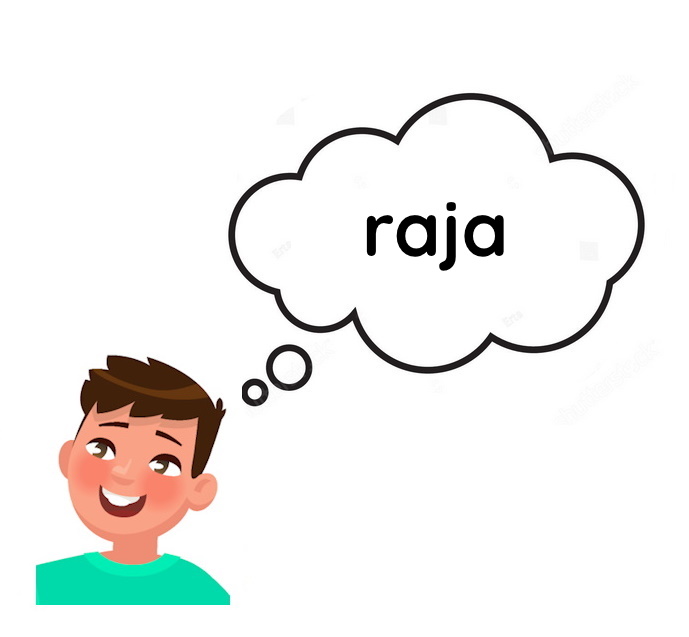
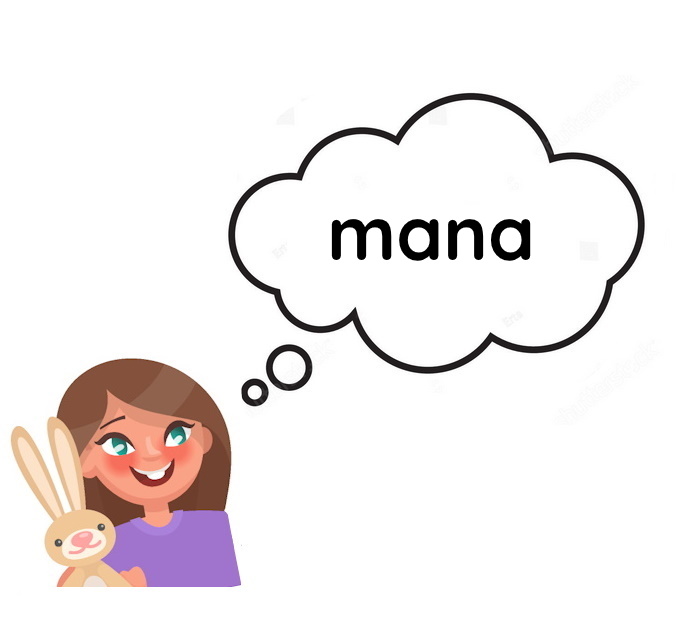
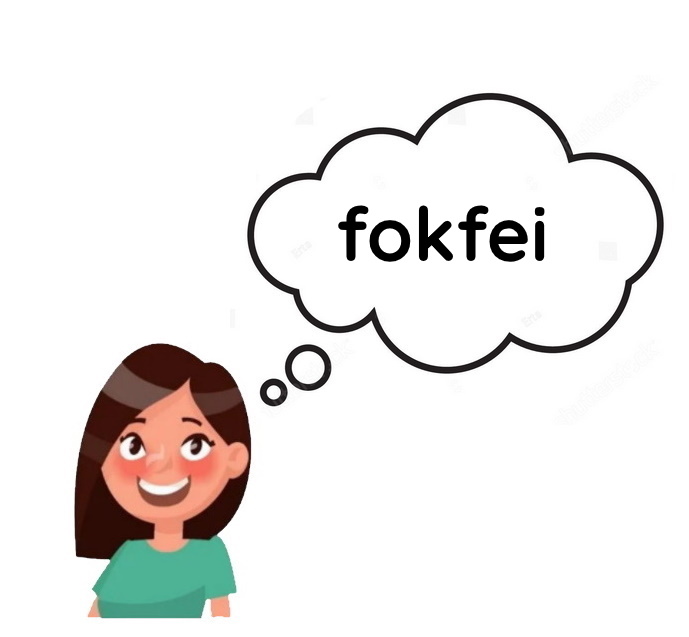
Mobirise site builder - Find more